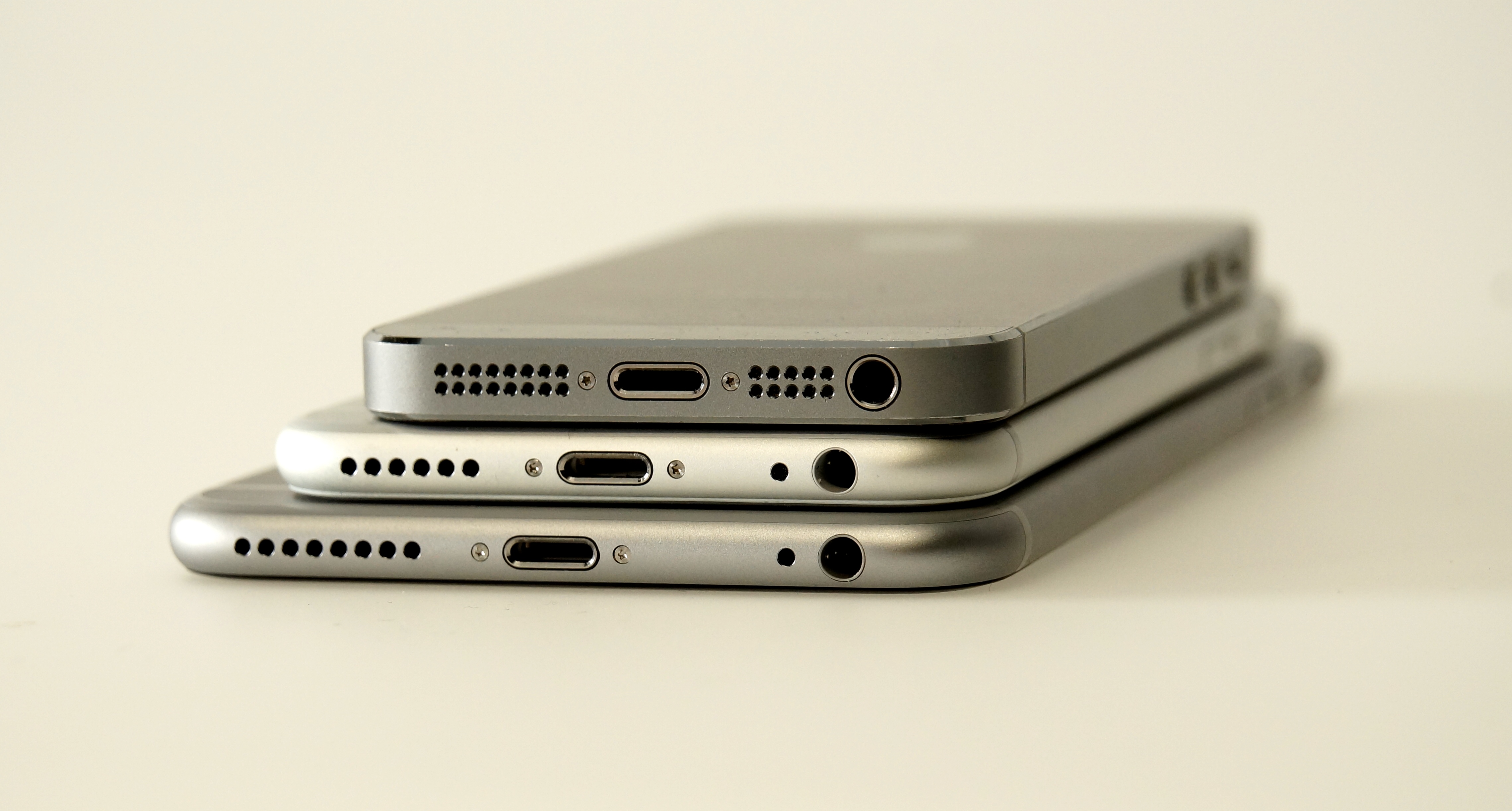Just one hour before Apple’s official reveal of the iPhone 7 on Sept. 9, Amazon accidentally updated its site, adding a page dedicated to accessories for the unreleased phone. The leak exposed crucial details about the iPhone 7, most notably confirming speculations on the removal of the headphone jack and the addition of the dual lens system in the iPhone 7 Plus.
While the release of such information so soon before the official reveal seems trivial, Twitter quickly exploded with tweets from Apple fanatics and casual consumers alike critiquing and applauding the design changes. Consumers were shocked at the very fact that information about the newest iPhone was leaked, even if it was just an hour before the keynote, because Apple has an acknowledged knack for the utmost opaqueness and non-negotiability when it comes to disclosing product details before an official release. In recent years, Apple’s cult-like corporate secrecy surrounding its products and its unguided “just trust me” attitude have been unfair to its consumers.
The death of the two-year cell phone contract, the expansion of Apple’s domination of the smartphone market and the rapid product turnover rate for the iPhone have converged to create a massive proportion of smartphone owners who are looking to upgrade to the iPhone 7 this fall. Unsurprisingly, consumer expectations are even higher than the demand for the newest iPhone. However, the iPhone 7 lacks innovation. The newest features — particularly its camera improvements and water-resistance qualities — are late additions to the iPhone line in comparison to the timeline of feature additions in Samsung’s Galaxy line of smartphones.
Apple is not a magical corporation that spits out unmatched innovation with the annual release of a new iPhone, yet consumers are still disappointed annually because Apple’s lack of transparency surrounding new releases allows consumers to believe that their unrealistic expectations may be met. Admittedly, the obvious solutions for consumers who are unimpressed with the features of iPhone 7 are either to buy a different smartphone or to wait until the release of the next iPhone; however, these solutions are not nearly as simple as they may appear. Apple’s ecosystem, its services and its integration of devices, although fantastic when fully taken advantage of, can also be inherently inconvenient when not used to its true potential.
The gaps between Android and iOS, between Mac OS and Windows, are widening. For users to make the jump from the iPhone to a different smartphone, they must repurchase their paid apps on a new operating system, transfer data from the iCloud to a cloud service compatible with the phone and be willing to lose saved notes, alarms, settings and more. Consumers who buy an Apple product are more or less locked into Apple’s software and are therefore placing unbased hope in the releases of future Apple products to include the features that they want and need, mostly for the sake of avoiding the hassle that spreading one’s reach across multiple platforms causes. For those already several devices deep into Apple’s ecosystem who feel that the iPhone 7 lacks the features that they want and need, there are not many easy opt-out options.
To avoid the lure of Apple’s somewhat gridlocking product line and to expect reasonably the capabilities of each new iPhone, consumers must know what to expect from a new iPhone well before release. Smartphones are investments, costing Americans hundreds of dollars a year in monthly payments. Smartphones, however, are still just a means to an end — tools that help us to communicate and to increase our productivity.
The consistent new developments in smartphone technologies urge us to compare the features of competing technologies on the market in order to make conscious buying decisions. We must know the features of current and upcoming phones to appropriately buy the phone that contains most of the features that we want and need to communicate efficiently and to work productively. By withholding this information, Apple withholds the rights of tens of millions consumers to effectively anticipate the technologies that can serve them.
Even if Apple’s target audience is not power users, all users should know what features are available months in advance. The nature of product turnover in the smartphone market requires consumers to constantly assess their needs as users in relation to the technologies available, as to not await a release of a costly new phone only to realize that it will not suit their needs. Regardless of whether or not Apple’s opaqueness is an effective business practice, withholding essential information from consumers, investors and business partners is perhaps the least ethical business practice of all. Such a practice can cost consumers real time, money and productivity if they decide to diverge from the Apple product line. To heal this wound in transparency, iPhone keynote speeches, clearly explaining the most significant feature changes, should be held months before each release instead of days before.
Apple’s attempts at mystic secrecy were ample at spurring suspense surrounding product reveals in years past, but there is too much at stake now for Apple to childishly play with the hearts and minds of consumers. The sensitivity of the corporation and of consumers to Amazon’s otherwise insignificant leak raises a red flag that the corporation’s principle of concealing information may be overvalued. The elitist attitude at the core of its corporate culture that encourages consumers to blindly trust the corporation’s innovations just because Apple is Apple must be done away with, or Apple will surely be done away with within the decade.



